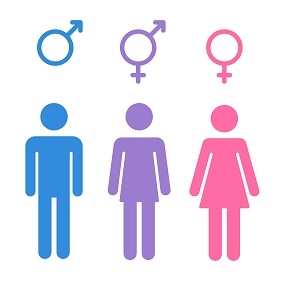Employment: Transgender Discrimination Protection MD

Add Baltimore County to the growing list of Maryland counties protecting transgender individuals from discrimination in the workplace; it joins Baltimore City and Howard and Montgomery counties. The Baltimore County Council approved hotly-debated legislation on February 21, 2012, that prohibits discrimination on the basis of gender identity and expression and on sexual orientation in employment, housing, public accommodations and financing.
Other local jurisdictions in Maryland that have anti-discrimination laws, including Prince George’s County, have not yet addressed the issue. Similarly, the State of Maryland Human Rights Actprotects employees based on sexual orientation, but has not yet added gender identity to its list of protected classes.
While the federal courts grapple with the question of whether transgender discrimination should be considered sex discrimination under Title VII-the federal law which prohibits discrimination in the workplace based on sex-many local jurisdictions such as Baltimore County have taken the more direct legislative approach. According to the Human Rights Campaign, more than 160 counties and cities as well as 16 states and Washington, D.C. have transgender anti-discrimination laws.
Opponents of such legislation often raise the “bathroom issue.” They assert that such legislation will require employers to allow men dressed as women to use women’s restrooms, creating uncomfortable situations at best and potential assaults on women at worst. There has been little empirical evidence to support such concerns, however, leading the Council to reject a legislative amendment to specifically exempt bathrooms, locker rooms and dressing rooms. It instead amended the measure to exempt “distinctly private or personal” facilities, leaving the bathroom issue open to interpretation. The Council did, however, approve amendments exempting religious institutions and making it clear that employers may still require employees to adhere to grooming standards consistent with their gender identity.
As the Baltimore County Council’s actions demonstrate, local jurisdictions can often take action more quickly than larger institutions such as the federal government. Employers in these jurisdictions need to be aware of local requirements, not just Title VII and other federal workplace laws. It is critical that employers review their EEO, respect in the workplace and anti-harassment policies to ensure transgender identity is included. They should also make certain that those policies are distributed to and signed off on by all employees, and that employees are made aware of such protections through proper anti-harassment and anti-discrimination training
